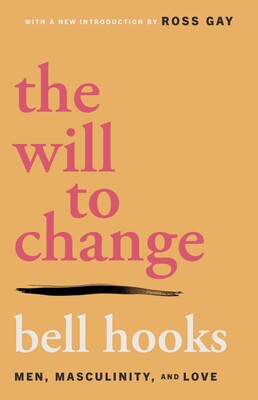
The Maiden King: The Reunion of Masculine and Feminine
Book Description
A deep rift divides the masculine and feminine in today's world, and their reunion holds the key to profound transformation. Robert Bly deftly unravels the tangled threads of modern masculinity and femininity, revealing the wisdom buried within their myths and stories. This exploration uncovers the powerful interplay between nurturing and strength, vulnerability and courage, as they dance through our lives. Each page ignites a spark of understanding, pushing readers to confront their own beliefs and biases. Can the sacred balance between these forces pave the way for healing and wholeness in a fractured society?
Quick Book Summary
In "The Maiden King: The Reunion of Masculine and Feminine," Robert Bly explores the ancient Russian fairy tale of the Maiden Tsar to illuminate the fractured relationship between masculine and feminine qualities in modern society. By weaving myth, poetry, and psychological insight, Bly demonstrates how men and women have drifted away from their innate drives, resulting in personal and cultural imbalance. The book advocates for consciously reuniting these aspects within ourselves, stressing the necessity of vulnerability, emotional expression, and balance between nurturing and power. Through archetypes and rich symbolism, Bly offers pathways for individuals to heal internal divisions, enrich their relationships, and contribute to the collective transformation of society by embracing the dynamic dance between masculine and feminine energies.
Summary of Key Ideas
Table of Contents
The Symbolic Power of Myths and Fairy Tales
Robert Bly employs the ancient Russian fairy tale of the Maiden Tsar to frame his exploration of masculine and feminine energies. Through this myth, Bly reveals how stories carry archetypal knowledge that can guide our inner lives. Myths expose the fears, wounds, and hopes that define human experience, making them vital tools for personal development. Bly emphasizes that these stories are not mere entertainment, but roadmaps for healing the psychological rift many people feel today.
Healing the Split Between Masculinity and Femininity
Modern society, according to Bly, has accentuated a split between masculine and feminine qualities. Men and women are often socialized to suppress integral parts of themselves—boys discouraged from emotional expression, girls denied assertiveness and agency. Bly posits that this split is at the root of much individual unhappiness and social dysfunction. By drawing on myth and psychological analysis, he encourages readers to recognize and mend these internal divides, fostering acceptance of both strength and vulnerability.
The Role of Vulnerability and Strength
Vulnerability is presented as a key ingredient for growth, especially for men. Bly shows how emotional openness is not a weakness, but a source of depth and connection. Similarly, he highlights the importance of genuine strength and assertiveness for women. Through illustrative stories and rich metaphors, Bly argues that embracing both qualities allows for a fuller, healthier sense of self. He champions the importance of both comfort and challenge, suggesting that a balance between nurturing and courage is essential for true maturity.
The Transformational Journey Towards Wholeness
The book follows the psychological journey of integration, guiding readers to reunite opposing traits within themselves. Bly suggests that every individual must undertaking a metaphorical journey—facing their shadows, grieving lost parts, and claiming their wholeness. Drawing on Jungian psychology and his poetic insight, Bly shows that this integration involves both discipline and surrender, and requires the support of community, myth, and inner work. He offers practical reflections to help readers through each phase of transformation.
The Societal Impact of Reuniting Inner Opposites
Finally, Bly discusses the broader implications of reuniting the masculine and feminine. He argues that personal healing reverberates outward, affecting relationships, families, and society at large. The reunion of these opposites does not only heal the individual psyche, but has the potential to remedy social alienation, dominance structures, and cultural imbalance. By honoring and balancing both forces within, Bly maintains that individuals contribute to a more harmonious and whole world.
Download This Summary
Get a free PDF of this summary instantly — no email required.





